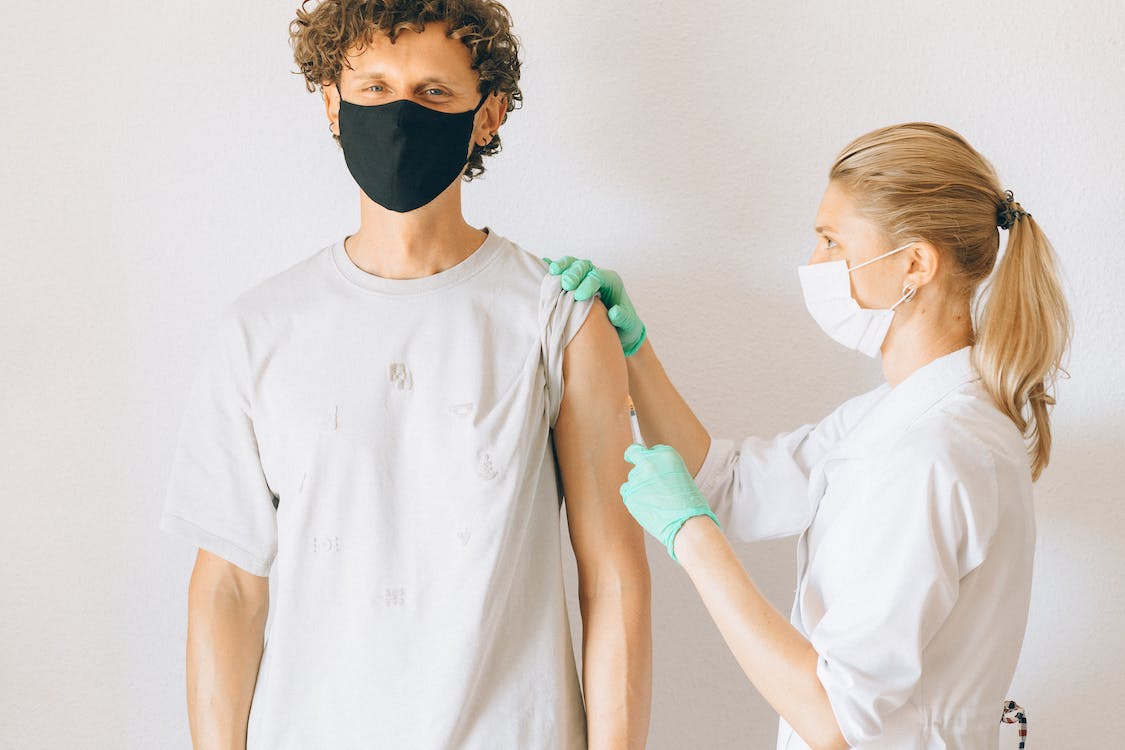On Saturday, the FDA authorized the Pfizer-BioNTech COVID-19 vaccine for emergency use throughout the United States after it deemed that it was safe and effective.
President Donald Trump was quick to announce that the first vaccinations will take place “in less than 24 hours” and he hailed the vaccine’s approval as a significant milestone in the US’ fight against coronavirus.
“Today our nation has achieved a medical miracle. We have delivered a safe and effective vaccine in just nine months,” Trump said.
Many Americans are keen to get vaccinated as soon as possible, but due to supply constraints, only a fraction of the population will have access to the vaccine any time soon.
When Will Baby Boomers Get Vaccinated Against COVID-19?
With the vaccine just getting approved very recently, it’s not entirely clear exactly how different groups will be prioritized.
Baby Boomers who are typically retired, or approaching retirement, find themselves uncertain regarding where they will fall in terms of vaccine priority. With an age range of 56 – 74 years, Baby Boomers on the younger end of the range are less likely to experience serious complications than those at the upper end of the age range. It is likely that younger Baby Boomers will be waiting for the vaccine unless they have health conditions that put them in a high-risk category.
The Centers for Disease Control and Prevention (CDC) issued guidance earlier this month on how a potential COVID-19 vaccine should be distributed and who should receive priority. Specifically, the CDC recommended that healthcare workers – both paid and unpaid – and residents of long term care facilities, like retirement and nursing homes, should be at the very top of the priority list.
However, the decision will ultimately be made by the governor of each State, so we can expect to see differing strategies across the US, though the common theme will be vulnerable groups and frontline essential workers being vaccinated first.
As for how other groups should be prioritized, the CDC is yet to release any guidance on this, but governors are likely to prioritize other high-risk groups, including people suffering from certain diseases that make them prone to death if they contract the virus.
Baby boomers are likely to also be prioritized, more so in some States than others, but it’s very difficult to predict exactly when seniors will start being vaccinated, as, at this point, it’s unclear what each State’s vaccination strategy is and it’s also not known how many vaccines can consistently be produced and distributed over a certain timeframe.
Do I Need to Pay?
Boomers and all other Americans will be able to get a coronavirus vaccine free of charge, as the US government is using taxpayers’ money to purchase them.
However, some facilities which are administering the vaccine may charge an “administration fee.” But, if you have private or public health insurance, you can get reimbursed for this fee, and even Americans without any insurance might be able to get vaccinated for free if healthcare providers apply for federal funds to cover the cost.
Which Coronavirus Vaccine Will the US Use?
There are numerous coronavirus vaccines that are being developed for worldwide use, and the US has pre-ordered millions of doses of each.
So far, only the Pfizer-BioNTech COVID-19 vaccine has been authorized for emergency use by the FDA, but others, such as Moderna’s vaccine, are likely to be used in the future should they also get the required regulatory approval.
A Quick Summary
- The FDA recently authorized the Pfizer-BioNTech COVID-19 vaccine for emergency use throughout the United States, and the first vaccinations are set to take place immediately.
- Each State will set its own vaccination strategy, but the CDC has recommended that healthcare workers and residents of long term care facilities should receive priority.
- Boomers are also likely to be towards the top of the priority list, especially if they have a pre-existing medical condition which puts them at an increased risk of death if they contract COVID-19.
- For most Americans, the vaccine should be free, with either federal funds or an insurance payout covering the administration fee.

